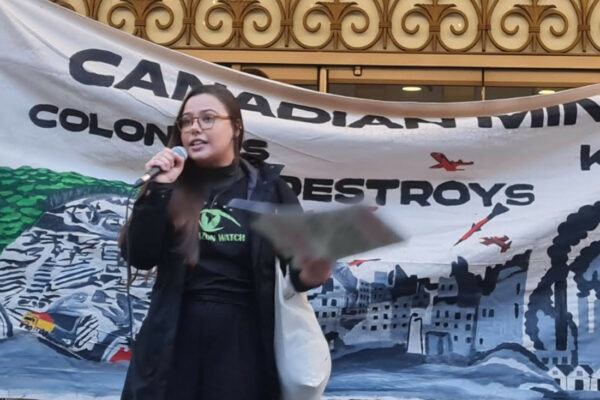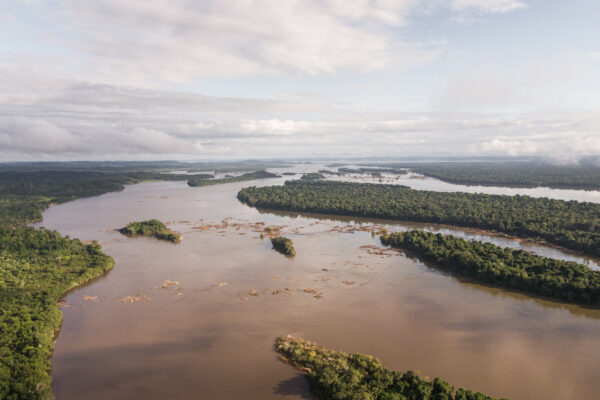InterAmerican Dialogue question:Brazil’s government is considering the establishment of new biofuel mandates for fuel distributors, which would require distributors to acquire a set amount of “certificates of emissions reductions” annually through the purchase of ethanol and biodiesel. At the same time, the country’s agriculture minister is seeking to slap tariffs on imported ethanol following a surge of ethanol imports from the United States. However, state oil company Petrobras, which has been shedding biofuels assets, has expressed concerns about the impact of increased biofuel output on food production and forest conservation. What is behind the government’s efforts to boost biofuels production in Brazil, and who will be the winners and losers from such moves? What is at the root of Petrobras’ opposition to the proposed mandates? What impact would the proposed biofuels mandates have on the environment?
Members and allies of Brazil’s agribusiness industry, known as ruralistas, dominate the country’s Congress and the administration of President Michel Temer. Facing competition from increased ethanol imports and a record soybean harvest this year – the majority of domestic biodiesel is made with soybeans – the ruralistas have, presumably, asked the administration for help via a biodiesel import tariff.
The emissions reductions mandate, for its part, is likely an attempt by the government to greenwash the tariff. After all, Amazon rainforest deforestation rates went up 29% last year after several years of reduction, to much applause from the international community. Soybean farming is one of the industries contributing to Amazon deforestation, and planned industrial transport corridors used to ship soybeans to market will themselves have significant deforestation impacts.
Furthermore, the Temer administration is under increasing fire for its ongoing onslaught against environmental protections and the rights of indigenous peoples, whom multiple domestic and international studies have shown are the best protectors of forests like the Amazon. The current onslaught includes slashing the Environment Ministry’s already-meager budget by over 50% and the Indigenous Agency’s budget by 40%, reducing several Amazon conservation areas, appointing anti-indigenous former ruralista Congressman Osmar Serraglio to the key land rights post of Justice Minister, and working to open up already-titled indigenous territories to massive mining and dam projects.
While Petrobras’ concerns are, on the surface, laudatory, it is not a stretch to assume that they arise from a concern for the company’s bottom line if a greater percentage of biodiesel must be mixed with diesel.













